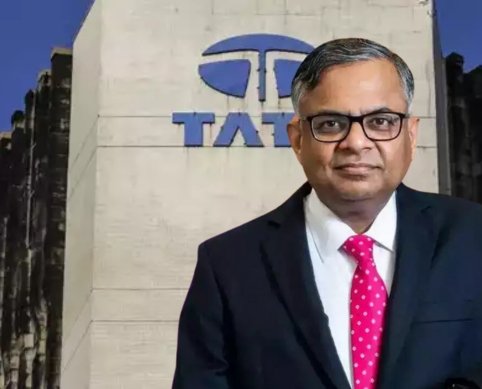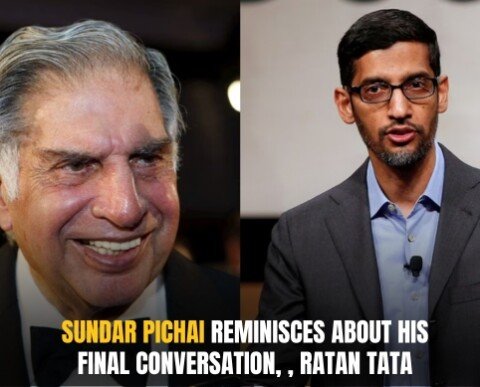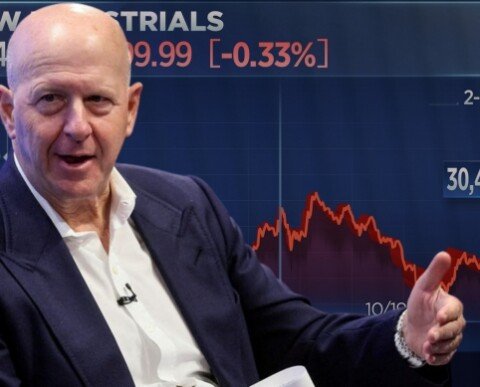N Chandrasekaran, Chairman of Tata Sons, said on Tuesday that the Tata Group will generate 500,000 direct manufacturing jobs over the next five years in businesses like semiconductors, precision manufacturing, electric vehicles, batteries, and associated fields.
“These jobs will be provided by Tata Group. Additionally, to support the necessary ecosystem, I anticipate the establishment of at least 500 to 1,000 more small and medium-sized companies,” Chandrasekaran stated at a symposium organized by the Indian Foundation for Quality Management in the capital.
Chandrasekaran emphasized that manufacturing presents a significant opportunity, asserting that India cannot achieve its ‘Viksit Bharat’ goal without a strong focus on creating manufacturing jobs.
He expressed confidence that India is in a prime position to reach its Viksit Bharat objective and praised the substantial support provided by the Modi government to boost manufacturing jobs in the country.
“This is India’s moment. There is momentum for manufacturing, and the government is facilitating this progress. The rate at which we have kicked off our projects as a group is outstanding.
We are starting several initiatives, such as the electric car plant we are creating, the battery plant we are setting up, the facility in Assam, or the semiconductor plant in Dholera. He remarked, “The government has implemented remarkable programs, policies, and incentives.”
According to Chandrasekaran, one job in the semiconductor industry generates eight indirect jobs, demonstrating the enormous multiplier effect of manufacturing employment.
He also emphasized how crucial it is to start a “movement” to create a “culture of quality” across the industry, promoting an all-encompassing strategy for raising the standard of people, procedures, and ecosystems.
“Whether discussing large-scale production or components, we need to address processes, people, and ecosystems. “It should be a collaborative effort,” he remarked.
Chandrasekaran expressed optimism about India’s potential to become both a global human resource capital and a key player in fulfilling international manufacturing needs.
To establish ourselves as global leaders in producing world-class products, it is crucial to prioritize two key factors: the quality of our products or services and the quality of the customer experience. We must pay attention to both,” he added.






